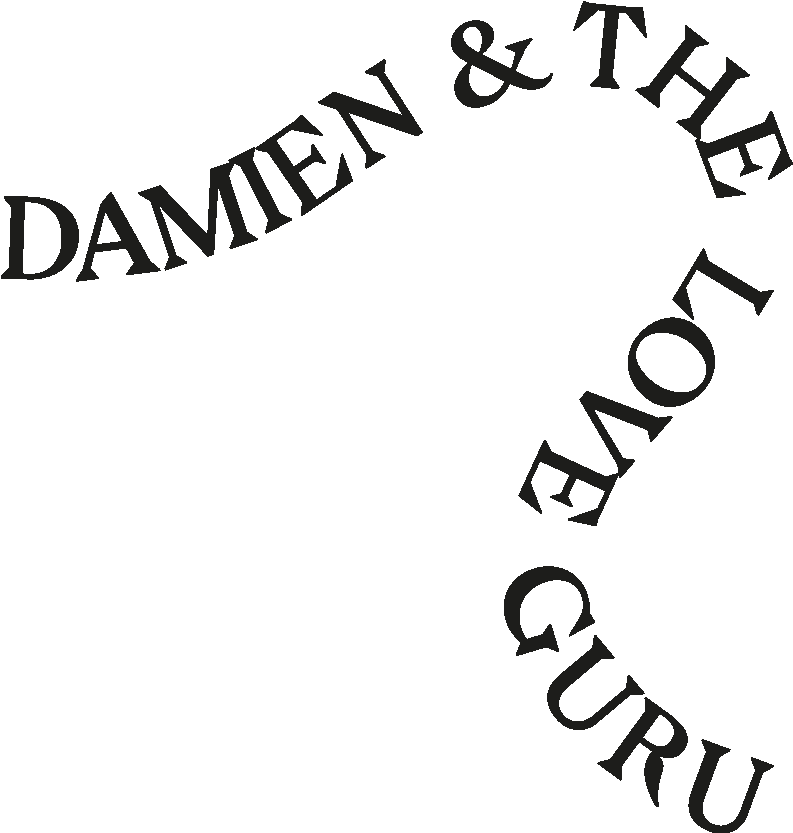Magnus Andersen
Readers Remedy

The gallery of characters portrayed by Magnus Andersen in Readers Remedy could perfectly fit the definition of the flat characters described by E.M Foster. Opposed to the drama of the round characters, they are at once monolithic, decorative and comic. They exist on the canvas, but never shed their soothing looks. Caught in the anti-spectacular exercise of an indolent reading session or a midnight snack, they are violently deprived of any romantic seduction, hollowed out from the inside like cocktail fruits.
If until now Magnus Andersen drew the contours of a pastoral and folk imaginary almost touching the pastiche of the representations of a New Age Cornucopia, his painting abandons here any claim to an elsewhere. The banality of the scenes described is striking. Without any real temporal or geographical anchorage, only the graphic qualities of the painting remain. One could perhaps bring it closer to the Chicago Imagists and their bestiaries of cartoonish facies but in the era of The Simpsons and Mario Kart. Nonchalant and without apparent qualities, the scenes described shine only by their saturated colors. If each painting imagines its own museum, the one invented by the casualness of the three characters of Readers Remedy could very well be the sweet envelope of Robert Venturi and Denise Scott Brown's Children Museum in Houston. The equivalent of Willy Wonka's Bank of America-funded The Chocolate Factory, everything in its architecture defends the idea that icing is more important than sponge cake.
What do the avant-gardes eat? Magnus Andersen has turned away from the Cézanneque oranges of his early days to join the industrial sandwich of the abstract expressionists. With his painting of a brioche spread with butter and topped with a slice of cheddar cheese or his croque monsieur with its discreet charisma, he places himself in the lineage of painters like Robert Motherwell, Barnett Newman or Mark Rothko who made brioche bread the cornerstone of pictorial composition by producing abstract paintings on sandwiches in the cafeteria that they opened in 1948, The Sandwiches of the Artist. The sandwich as a motif and as a method of pictorial organization is here taken to its pinnacle. Each character in Readers Remedy is, in the manner of a Subway composition, caught between two pictorial slices and seasoned by the textures of the clothes and the sofa. The meat is of course the subject of the painting, which is either the alter ego of the artist or his friends.
In the manner of Wayne Thiebaud, Magnus Andersen paints like one cooks. Between a Dunkin' Donuts-like pop, a faux-naïve halfway to real-funny and his neo-impressionism sprinkled with Nestlé realism, his painting is a nightmare for organic food aficionados. Readers Remedy or how the imagination of a painting can blossom between the couch of an artist's studio and the glare of a Danish bakery in the early morning hours.
Pierre-Alexandre & Charles Teyssou


2022
Acrylic and pastel on canvas, artist wood frame
44 × 49 cm




2022
Acrylic and pastel on canvas, artist wood frame
154 × 124 cm

2022
Acrylic and pastel on canvas, artist wood frame
154 × 124 cm



2022
Acrylic and pastel on canvas, artist wood frame
124 × 154 cm



2022
Acrylic and pastel on canvas, artist wood frame
44 × 49 cm




2022
Acrylic and pastel on canvas, artist wood frame
44 × 49 cm
